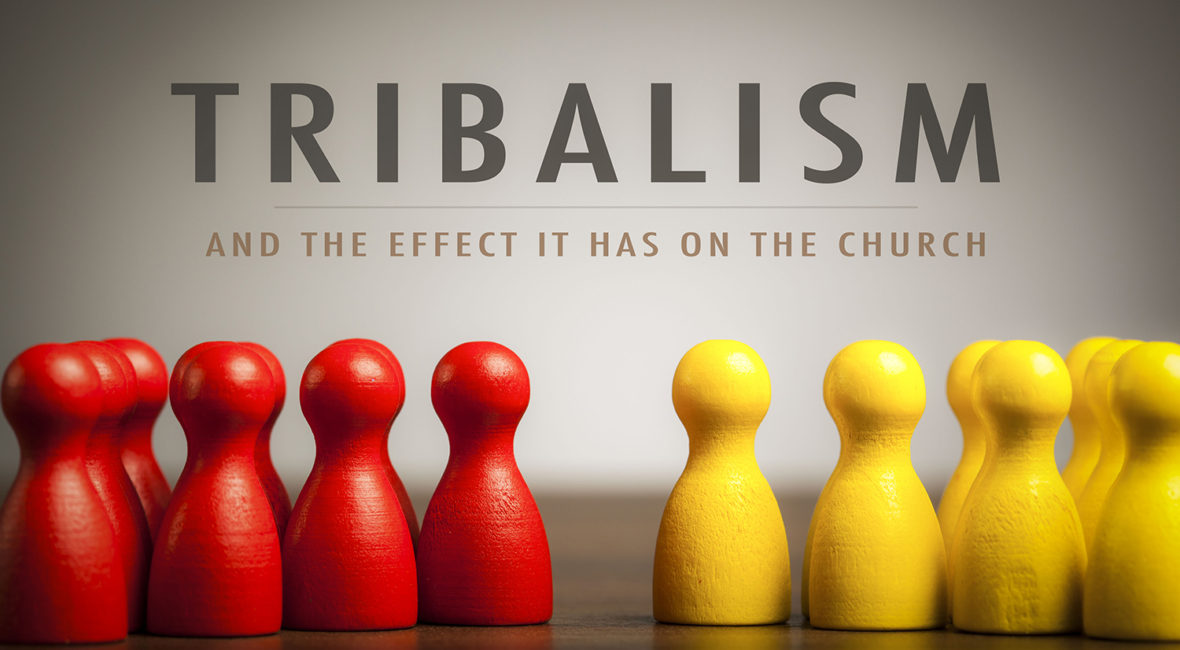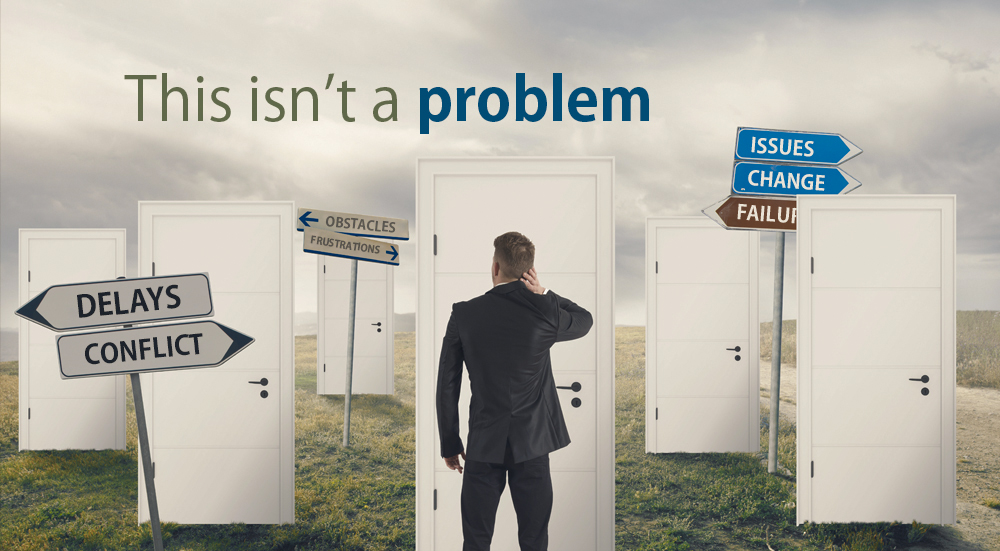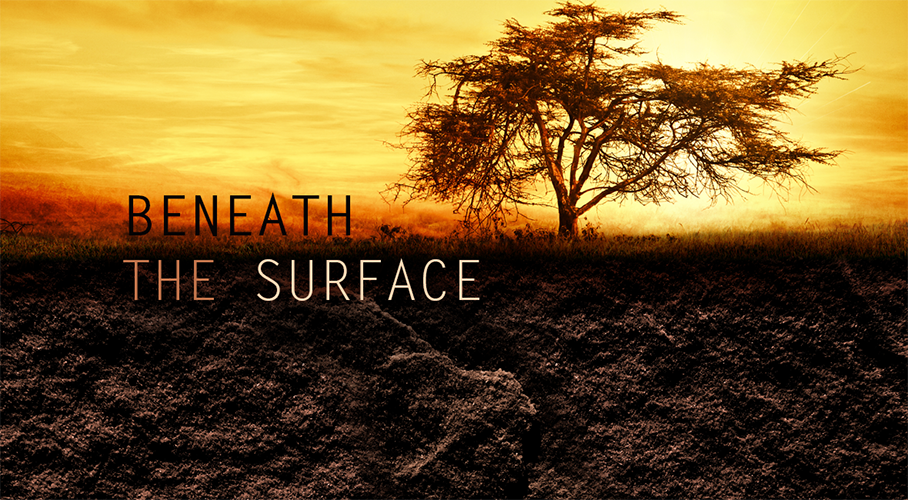Tribalism

Everyone has a tribe that they belong to. When you hear this word, you might envision a primitive people that live in some remote, African village marching off to do their daily fishing ritual. I can’t imagine that your particular social group is going to break out in a fishing dance later today at the office. However, in the broader sense of the word, you do in fact have a tribe. It could be with family of whom you share common ancestry or perhaps with friends that come together with shared interests and goals. Other factors such as religion and faith play a vital role in people’s lives, with those they share a common belief system with often becoming their people. Belonging to a group and gaining identity is certainly a good thing to have, that’s community. But what happens when our loyalty to our tribe becomes greater than it should to the exclusion of others around us? This is the danger of tribalism.
From brutal wars to political corruption, the effects of tribalism can still be seen across Africa today. History has shown us the end result when a singular people-group consider themselves superior than another. This form of segregation often lead to standoffs, forcing people to choose sides and expand the ever growing gap of mistrust and division. When traits such as loyalty, kindness or justice are reserved for only those within their own clan, the end results are often disastrous, whether socially or politically.
Recently in South Africa, a form of xenophobia led to the deaths of several people including one Zambian man. Demonstrations sprung up in several Zambian cities as people looted and vandalized various South African franchises in response. The delicate balance of peace in Africa is often sitting on a powder-keg that’s ready to blow, with one of the main igniters being tribalism.
Zambia is a country with 72 different ethnic groups. The people here have retained strong ties to their own tribal backgrounds, while also maintaining their national identity. Many attribute this unity to Zambia’s first president, Kenneth Kaunda, when he said, “One Zambia, One Nation.” This slogan was used to rally the tribes behind one national identity at their independence. Zambia has many boundaries and kingdoms within its borders, each one with its own unique chief, language and customs. It’s true that sometimes there’s small clashes between tribes. However, as a whole, this country has enjoyed a lasting peace for decades while other African countries are still torn apart by war and conflict due to tribalism.
This “Us verses them” mentality that revolves around tribalism is just as pronounced in the USA, and affects many of today’s social groups, including the church. If we’re honest, we all want to be comfortable and around those that share our exact values and preferences. These are the people that we can be ourselves with and let loose. But while this is a very natural mark of any society, it’s not to be a defining mark of a Christian.
When we only associate and interact with those within our tribe, we’re isolating ourselves from the very people God has called us to reach. Isolation is never what Jesus intended for His people. (John 17:14-16) Throughout history, Christians have attempted to remain pure from the world by withdrawing from it socially, or sometimes by doing the opposite and compromising with it. Both solutions are counterintuitive to the Gospel message. Instead of barring out those around us that don’t fit in our bubble, we should live in a way that is both impactful and relevant. Jesus prayed for his disciples to stay in the world yet kept from its evil.
So whether you’re addressing unbelievers around you or other doctrinally likeminded churches that perhaps don’t quite fit in your circle, remember that you’re here to fulfill God’s purpose and to give Him the glory in and through your life.











Leave a Comment